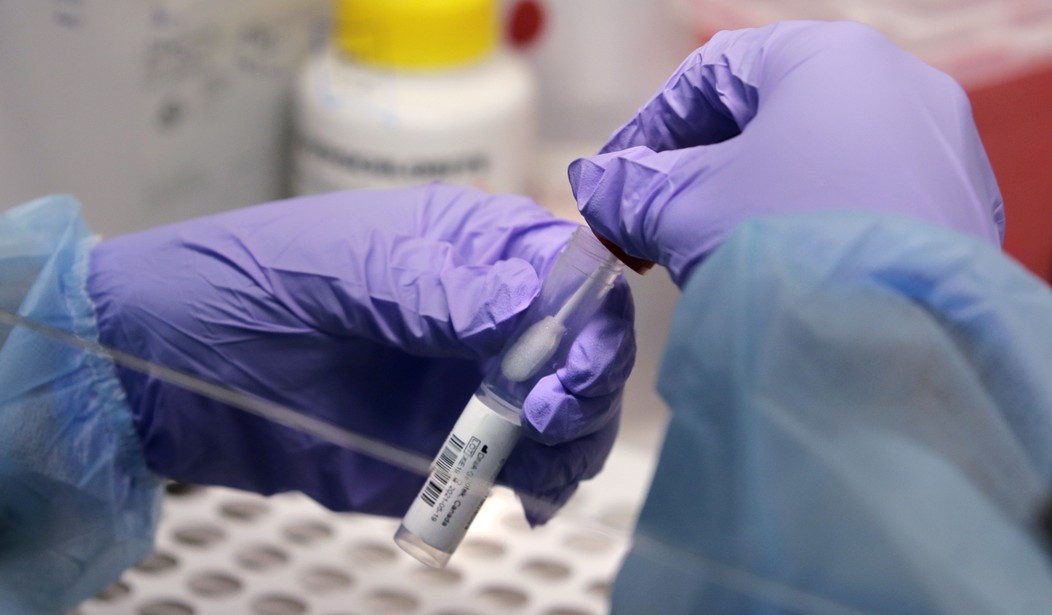If the insanity over COVID wasn’t bad enough, we now have a new debate: long COVID. Yes, I know we’ve been discussing it for months. People exhibiting the initial symptoms of infection weeks, even months, after they’ve recovered from contracting the pathogen. And again, the media and the lockdown crew tried to weaponize it to keep us in fear. We, for the most part, no longer care. Concerts, sporting events, eating at restaurants—they’re all back and here to stay. The pandemic is over—stay home for those who can’t cope.
The irony is the fascination with long COVID, which the panic peddlers will continue to hammer away in the press to drum up support for another social distancing experiment, has led to a remarkable discovery: the studies are inaccurate (via BBC):
The risk of contracting long COVID may have been exaggerated due to flawed research, leading to unnecessarily high levels of anxiety about suffering from it, a new study has suggested https://t.co/UNSVrfC9sw
— Sky News (@SkyNews) September 26, 2023
The risk of contracting long COVID may have been exaggerated due to flawed research, leading to unnecessarily high levels of anxiety about suffering from it, a new study has suggested.
"Major flaws" in the literature on the condition likely exaggerated the true threat of contracting it, the new research argues.
For most people with COVID-19, they feel better within days or weeks, but some can have symptoms for longer than three months.
Fatigue, brain fog, chest pain and shortness of breath are reported as symptoms by those who have long COVID - which is officially known as post-acute sequelae of COVID-19 (PASC).
Now, researchers from the UK, along with Denmark and the USA, say "many scientific publications" overestimated the prevalence of long COVID because of "overly broad definitions, lack of control groups, inappropriate control groups, and other methodological flaws".
Instead, the authors of the new study argue that the symptoms are common among upper respiratory viruses.
The research team said this lack of definition could end up leading to an increase in healthcare spending and more anxiety, as well as misdiagnoses and a diversion of funds.
Recommended
Remember, to question the experts is to attack science itself. The science was wrong. It remains flawed or hyperbolic in the extreme.
And with that, you can go back to living your life.

























Join the conversation as a VIP Member